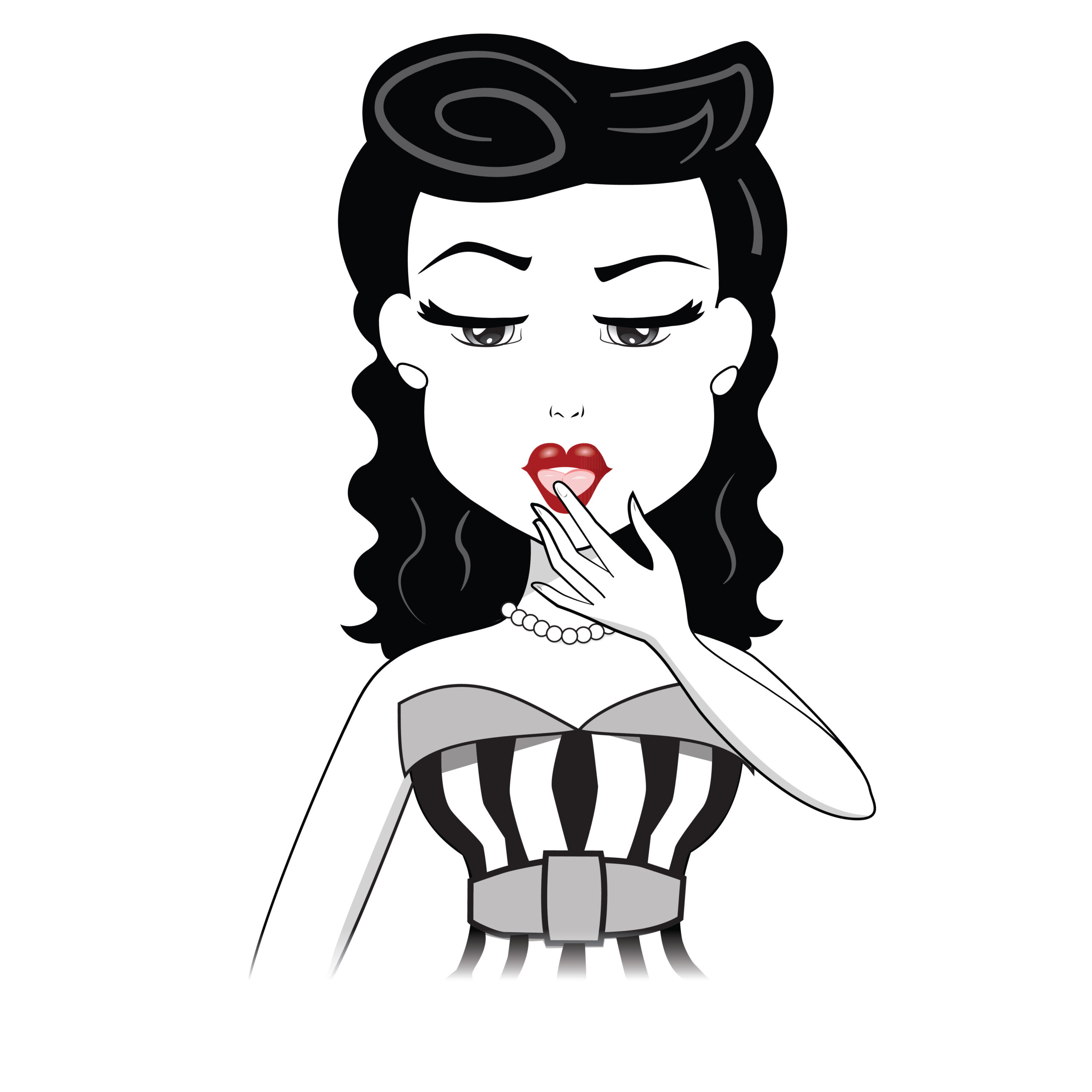
Most of us have some sort of secret being held hostage inside.
And sure, keeping a surprise birthday secret is one thing, but when it comes to deeper issues, be it a health disorder, cheating on a lover or any other thing that causes embarrassment or concern, then letting it out is the only way forward.
The reason people often keep things hidden is because they fear how others will react to their secret; being rejected, scorned or stigmatized does not help anyone work through a serious issue.
Problem is, keeping secrets can be harmful to both our mental and physical health.
It can really eat you up.
Researchers have found that self-concealers are more likely to experience anxiety, depression, and even cancer.
Keeping a secret can be stressful and we all know that stress is responsible for 70% of all diseases and illnesses.
Children who are taught to keep family secrets, such as a parent’s addiction, an affair or acts of abuse, also carry the stress of a double life, which can actually freeze development.
One neuroscientist claims that secrets cause the brain to fight with itself.
Now I don’t know about you, but if you’re going to have someone on your team, you’ve gotta hope it’s you! Keeping secrets, like we see in the TV series Gossip Girl, can become an unhealthy obsession.
One secret leads to another, and before we know it our friends have labeled us a secret agent.
The other thing to consider is that when we keep a secret, it stops us from dealing with the problem.
If the secret wasn’t a problem, it wouldn’t be a secret. Therefore, if you feel the need to keep something under the covers, it means there needs to be some resolution on the issue you’re refusing to share.
When we share a secret, and it’s done in a safe, non-judgmental environment, it can feel like a heavy weight has been lifted from our shoulders.
You’ll feel much freer and have more confidence.
No longer do you need to shove it down inside yourself to fester and create stress and sickness in the body.
I know when I released my first book about overcoming depression, The Upside of Down, and them my second memoir, Getting Naked, which is about relationships both in and out of the bedroom, I felt liberated. And it helped me accept myself unconditionally.
I live by the policy ‘Honesty first’ because while the truth may be brutal, it’s the only way to have lasting and nourishing relationships.
A relationship based on deception and secrets is not a relationship at all. It is a façade.
So my advice this week is look at the secrets you have, those bits of information you’d prefer no one ever found out about, and start working through them.
You can do this with a therapist, or studies have shown even writing them down on paper can create great relief.
Letting out your secrets will put you on the road to recovery so you can love and accept all of you, and be more accepting of the people around you.
It’s true when they say: ‘A problem shared is a problem halved’.
